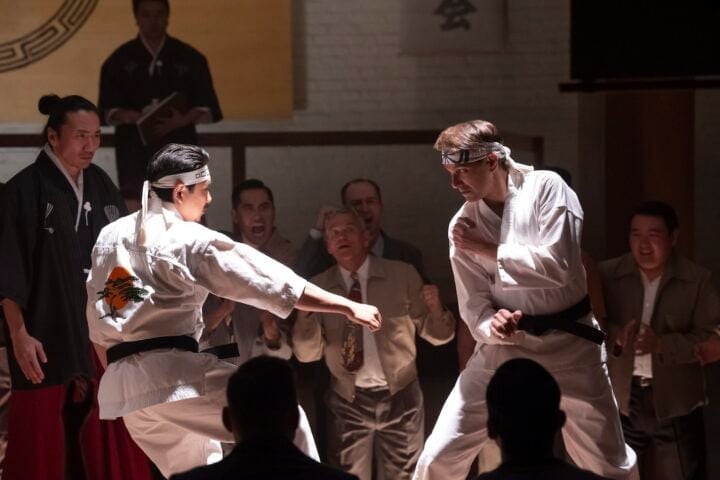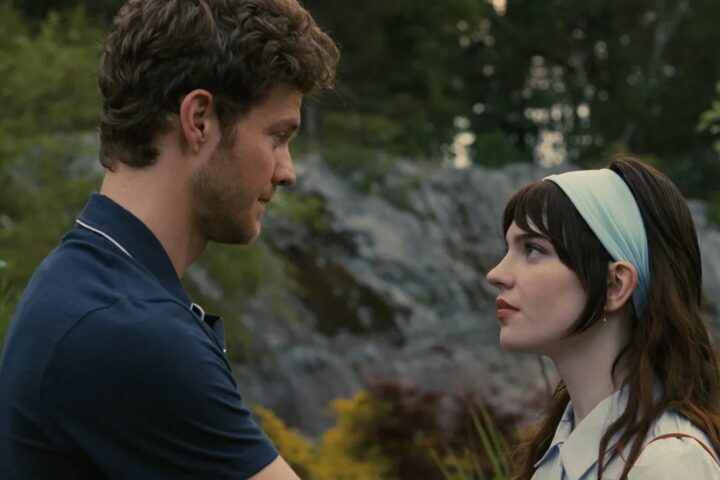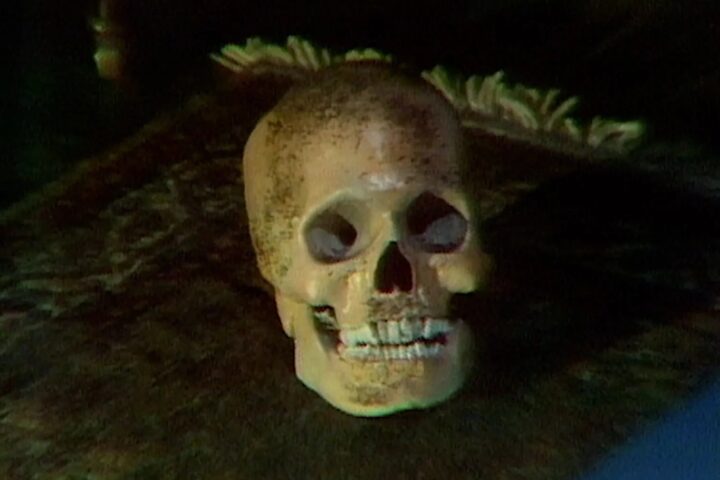In Ángel Manuel Soto’s Blue Beetle, a teenager finds a magical contraption that he isn’t supposed to touch, stolen from an evil corporation trying to unlock its secrets, but once he does, he finds himself overtaken by a super-powered suit, which the corporation wants back at all costs. If that premise sounds at all unique, mysterious, and refreshing, welcome to planet Earth. But for anyone who’s seen even a single superhero movie released in the past 20 years, you’d be right to worry about that premise sounding like a harbinger of the dullness to come.
Say what one will about DC Films’s recent string of creative and financial flops, but at bare minimum, The Flash, Black Adam, and Shazam!: Fury of the Gods all felt like they had something new to key off of, some wild-card element that at least felt somewhat intriguing, regardless of how well the films executed those ideas. It’d be unfair to say that Blue Beetle isn’t even trying. For one, it warmly portrays the Latino family and community at its center, and at least provides lip service to what immigrant families have dealt with in the United States. But in almost every other respect, Soto’s film plays out like a relic from the 1990s.
The variables of its plot all come down to the cultural flavoring. The film’s hero, Jaime Reyes (Cobra Kai’s Xolo Maridueña), is a Latino boy whose eclectic, tight-knit family is present every step of the way through his hero’s journey. The place he’s trying to save, Palmera City, feels like the future of gentrification, of generationally old houses and shacks dwarfed by the looming shadows of futuristic skyscrapers, pockmarked and diseased by the threat of a thousand Starbucks popping up where taquerias and bodegas used to be. That’s about as interesting as Blue Beetle gets. Even then, it doesn’t proceed in the chest-first sort of way that defines Disney’s Encanto and the Talokan/Namor material in Black Panther: Wakanda Forever.
The film’s main antagonist, Victoria Kord (Susan Sarandon) is a fairly standard corporate baddie, but her henchman, Carapax (Raoul Max Trujillo), is an orphan of one of America’s secret wars south of the border, staying alive only by the good graces of a corporate benefactor. Thing is, aside from Jaime’s bonds to his family, such resonances are frustratingly played down, feeling like a vestigial element of the film that mostly just cares about the superhero elements.
There’s something especially unfortunate about that negligence here, where the reality of Latino folks being forced to scrub rich peoples’ toilets and families being torn apart by paramilitary goons is mostly played as comic relief. This isn’t a film that taps into minority distrust of authority, or grapples with the violent actions that have been necessary for survival by older members of immigrant communities. When Kord’s daughter, Jenny (Bruna Marquezine), rebels against her mother, it’s mostly just a squabble over inheritance and less a reckoning with how the company’s resources and military connections have hurt communities of color.
Instead, Blue Beetle plays out with all the revelry of a contractual obligation, hitting every note of the hero’s journey with no variation, murky action sequences, and little in the way of imagination, despite the titular object itself granting Jaime the ability to manifest anything that he imagines. What life pumps through the film’s veins comes largely from the actors playing the family at its core. Turns out, the film’s greatest feat of superheroism is Maridueña’s ability to shine in spite of a script that gives him nothing but cold, stale leftovers to work with.
Since 2001, we've brought you uncompromising, candid takes on the world of film, music, television, video games, theater, and more. Independently owned and operated publications like Slant have been hit hard in recent years, but we’re committed to keeping our content free and accessible—meaning no paywalls or fees.
If you like what we do, please consider subscribing to our Patreon or making a donation.




